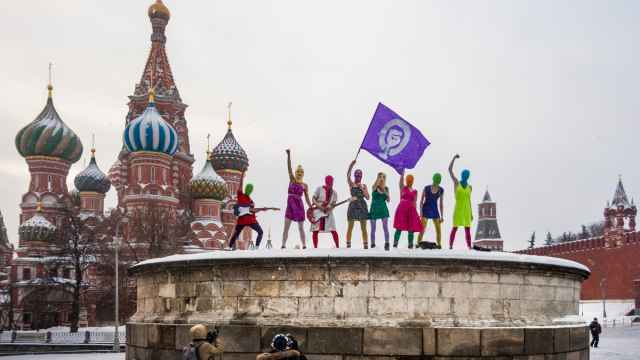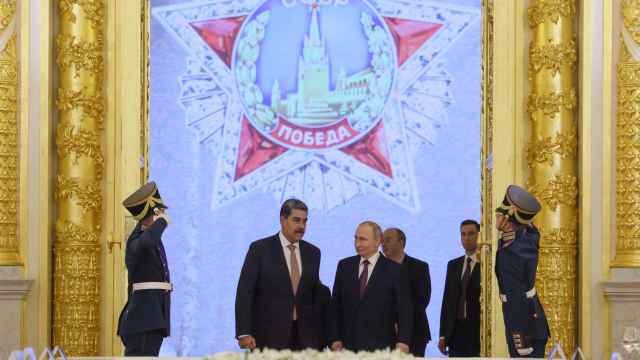After Standard & Poor’s lowered the U.S. credit rating late last week, the global economy will have to adjust to a new period of instability and volatility.
U.S. bonds will no longer serve as collateral for banks and finance companies to use when investing in higher-yield assets, and the future of the dollar as a global reserve currency is even more uncertain.
But there may be no immediate cause for alarm. The global economy cannot function without a reserve currency, and the United States provides this to the world thanks to an implied global agreement according to which the international community places its faith in the U.S. dollar and treasury bonds in return for a safe haven for its capital — while at the same time closing its eyes to the true condition of the US. economy.
At the same time, however, the lowering of the U.S. credit rating serves as a strong signal that the correction of the global imbalance has become a serious problem. Faith in the U.S. economy cannot continue forever, but the question is whether any other country is able to assume that leadership role.
The global economy could be entering a new crisis considering that the United States may be sliding into another recession, that growth in Europe and most of the world is sluggish and national debts are rising.
The same factors that triggered the economic crisis of 2008 are still in play. The only counter-argument that optimists can cite is that global stock markets fell over a period of several months in 2008, whereas the current drop may be shorter in length.
A new crisis would surely be terrible news for Russia in particular. It would lead to an significant drop in oil prices and the ruble, and we are already seeing the first signs of these downward trends since the meltdown began last week.
The Russian budget can remain balanced only if the price of oil holds at $115 per barrel. According to the Finance Ministry, if oil were to fall as low as $45 per barrel, Russia would be forced to borrow so much money that by the 2013-14 fiscal year government debt could amount to 20 percent of the country’s gross domestic product.
This comment appeared as an editorial in Vedomosti.
A Message from The Moscow Times:
Dear readers,
We are facing unprecedented challenges. Russia's Prosecutor General's Office has designated The Moscow Times as an "undesirable" organization, criminalizing our work and putting our staff at risk of prosecution. This follows our earlier unjust labeling as a "foreign agent."
These actions are direct attempts to silence independent journalism in Russia. The authorities claim our work "discredits the decisions of the Russian leadership." We see things differently: we strive to provide accurate, unbiased reporting on Russia.
We, the journalists of The Moscow Times, refuse to be silenced. But to continue our work, we need your help.
Your support, no matter how small, makes a world of difference. If you can, please support us monthly starting from just $2. It's quick to set up, and every contribution makes a significant impact.
By supporting The Moscow Times, you're defending open, independent journalism in the face of repression. Thank you for standing with us.
Remind me later.





